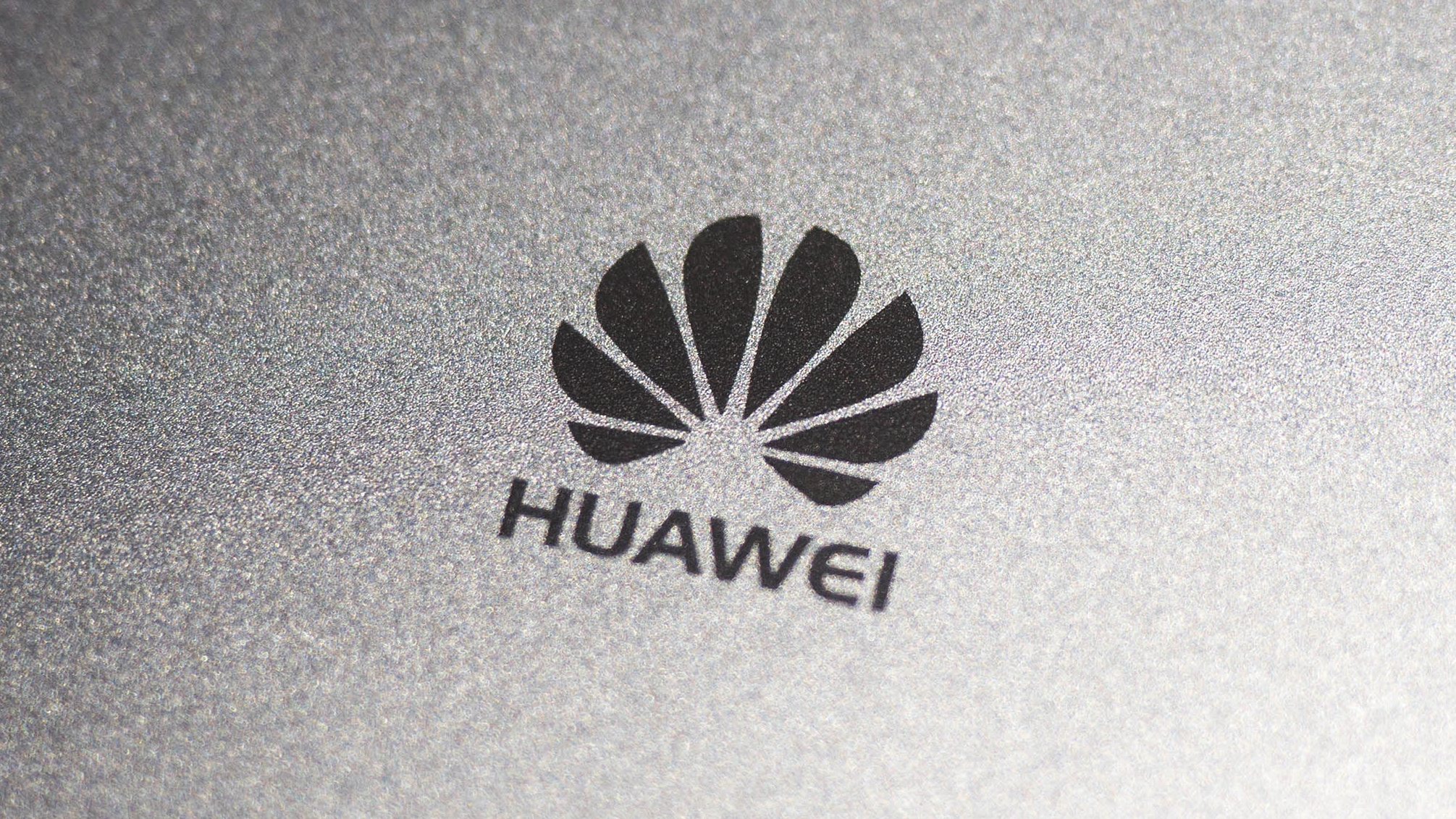The US may deal a massive blow to Huawei
The Biden administration will likely stop authorizing licenses for U.S. firms that export their items to Huawei.

Update (Feb 2, 7:30 pm ET): Updated with a statement from Qualcomm about how this affects its current licenses.
What you need to know
- Huawei is on the verge of facing yet another ban from the U.S.
- The Biden administration is likely to halt new licenses for U.S. tech firms from exporting items to Huawei.
- The aim appears to tighten Huawei's controls in getting components like 4G chips from the U.S. makers.
It looks like Huawei is receiving yet another ban from the U.S. government, only this time from the Biden administration. The country's government is said to have stopped approving new licenses for U.S. tech companies that export items to China-based Huawei.
As noted by Reuters, which cites sources/people familiar with the matter, the Biden administration is developing a new denial policy for shipments to Huawei, which may include 4G, WiFi 6/7, A.I., computer, and cloud-related products from the U.S. firms.
President Trump's administration imposed Huawei's first major ban in 2019, blacklisting the firm and imposing export restrictions with some exceptions. It was a major plow to the company, which was rising quickly and making itself known in the industry with impressive Android phones.
Huawei has been banned from accessing crucial tech that could provide its phones with 5G connectivity. However, despite the restrictions back then, the U.S. Department of Commerce granted licenses for some American tech firms like Qualcomm to sell its 4G chips to Huawei in 2020.
Fortunately, it looks like those licenses aren't affected by the move. During Qualcomm's recent earnings call, Alex Rogers, president of Qualcomm Technology Licensing (QTL) & Global Affairs, stated that the move would likely only apply to new licenses and that Qualcomm hasn't heard anything from the U.S. Department of Commerce.
"Qualcomm has a set of licenses that we've had for a while that basically allow us to ship 4G and other chipsets, including Wi-Fi, to Huawei," Rogers stated during the call. "Those licenses were issued because Commerce reached the determination that they don't affect national security issues. Those will continue for some number of years, and so within the scope of those licenses, we don't see an impact."
Get the latest news from Android Central, your trusted companion in the world of Android
According to Reuters, the Chinese foreign ministry spokesperson Mao Ning has responded to the move, stating that it "goes against the principles of the market economy and rules of international trade and finance, hurts the confidence the international community has in the U.S. business environment, and is blatant technological hegemony."
The U.S. government's bans have made things worse for Huawei over the past four years, which was once a conglomerate in making premium Android smartphones. Though it still makes Android phones, the availability across regions is pretty limited, and the lack of 5G makes them questionable purchases. These limitations on Huawei also forced its sister company Honor to move away from the parent company.
"China is strongly against the U.S.'s abuse of state power to hobble Chinese companies by stretching the concept of national security," Mao Ning further said in the press conference, according to a recent Bloomberg report.

Vishnu is a freelance news writer for Android Central. Since 2018, he has written about consumer technology, especially smartphones, computers, and every other gizmo connected to the internet. When he is not at the keyboard, you can find him on a long drive or lounging on the couch binge-watching a crime series.
- Derrek LeeManaging Editor
